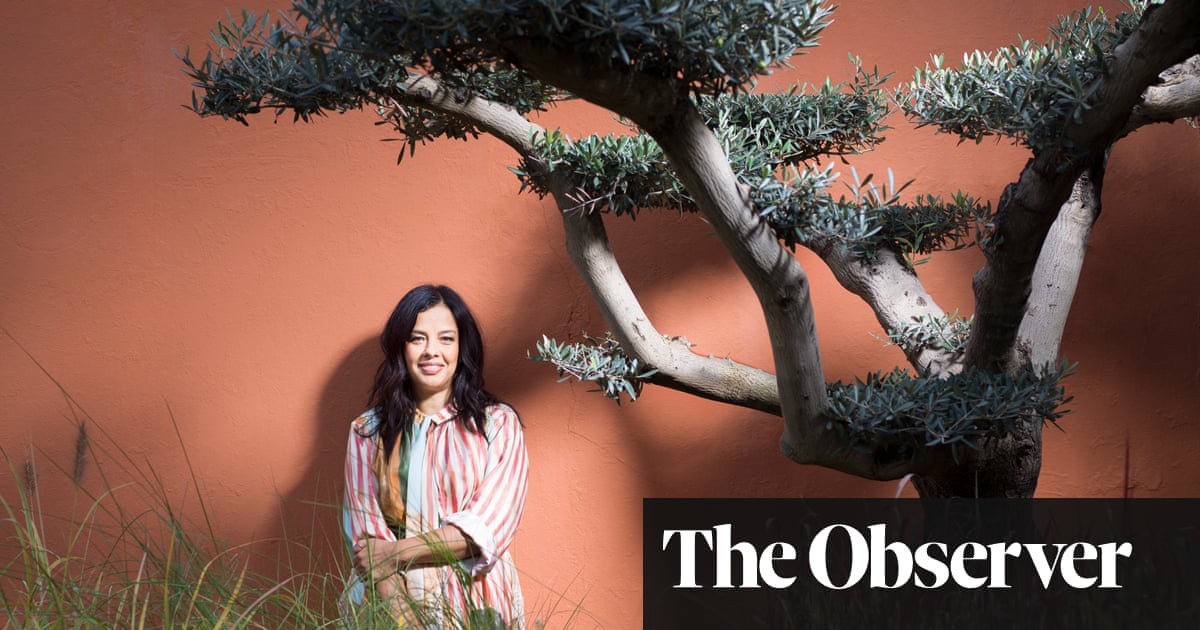
The Middle East and the wider world had been at peace with Iran until the clerics took power in 1979. They hijacked the popular uprising and implemented an ideology that incited religious and sectarian tensions and wars. In addition, they deployed militias and mercenaries to target different ethnic and religious groupings in the region.
The Iranian regime’s project pivots around exporting its extremist sectarian “revolution.” Or, to put it more bluntly, the Wilayat Al-Faqih regime has, since its inception, sowed the seeds of terrorism and sectarianism in the Middle East. The present-day rulers in Iran have embarked on a mission to spread chaos across the region. For this objective, they have largely depended on armed militias that receive money, weapons and training at military camps run by the regime’s Islamic Revolutionary Guard Corps (IRGC).
Iran’s regime has established so-called cultural centers under the supervision of the IRGC in several countries, including Sudan, Nigeria, Syria, Lebanon, Yemen, and Comoros. These centers focus on creating and embedding terrorist cells and spreading the regime’s hard-line Wilayat Al-Faqih ideology. The Iranian regime has also carried out terror operations targeting diplomatic missions and dissidents both inside and outside Iran.
Those who reflect on and study the history of post-revolution Iran will discover that the regime is incapable of coexisting with others. They will also discover that, for legitimacy, the regime depends on exporting chaos and instability to the outside world. In addition, to maintain its support base it meddles in the affairs of regional countries and finances terror operations within their borders.
The latest evidence proving Iran’s belligerent behavior came this month in a statement by UN Secretary-General Antonio Guterres. He informed the UN Security Council that the cruise missiles used to attack oil facilities and an international airport in Saudi Arabia last year were of Iranian origin. Guterres further confirmed that several items in US seizures of weapons and related materiel in November 2019 and February 2020 were also of Iranian origin. The UN head pointed out that the design specifications of these items strongly resembled those produced by a commercial entity in Iran, while the items also bear Farsi logos.
This crucial testimony by the UN head is simply the latest in a vast catalogue of evidence that confirms the Iranian regime’s hostility toward regional countries. Some countries from outside the region are perplexed by Iran’s hostile policies, but Arab countries, especially those in the Arabian Gulf, because of their geographical proximity to Tehran, are fully aware of the nature and reality of the Iranian regime.
The regime in Tehran, meanwhile, knows its survival depends on evading its commitments to the Iranian people, including the long-suffering religious and ethnic minorities in the country. The Iranian regime prefers to focus on the outside world or, one might say, “escaping forward” to distract the Iranian people from the main cause of their suffering — the regime itself.
One only needs to look at the dire living conditions of the Baloch, Kurdish and Arab ethnic groupings inside Iran to see how the regime oppresses them politically, socially and economically. Members of religious minorities, including Baha’is, Sunnis and Christians, are also regularly targeted, with many tortured and executed in regime prisons. Anyone comparing this to pre-revolution Iran will get some idea of the true enormity of the suffering that much, if not most, of the Iranian population has endured since the revolution.
The horrendous evidence on the ground from across the region has exposed the Iranian regime’s long record of attempting to appear as the innocent victim and helper of the oppressed. The Iranian regime has directly or indirectly been involved in killing tens of thousands of innocent people in Syria, Iraq, Yemen, Lebanon and even inside Iran itself. It has displaced millions and sent IRGC personnel to fight in Syria and Iraq.
With respect to the relationship between various terrorist groups and the Iranian regime, it is widely known and well-documented that the regime hosted Al-Qaeda commanders and members. It provided them with all the necessary help to carry out attacks against the interests of Arab and Western countries. For example, Tehran hosted Al-Qaeda leaders such as Abu Hafs Al-Mauritani, Saif Al-Adl, Sulaiman Abu Gheith, Abul Laith Al-Libi, and Abul-Khayr Al-Masri, among others. Iran also hosted members of Osama bin Laden’s family and is still hosting many Al-Qaeda members who are wanted internationally.
The Iranian regime has the option to change and be part of the ongoing international efforts to combat terror. This can only happen via action on the ground — speeches and comments are not good enough.
Tehran could undertake positive steps, such as halting its financing of militias and mercenaries, handing over Al-Qaeda leaders, ending its instigation of sectarian hatred and religious conflicts, and integrating with the international community. These steps could help Iran move away from its status as a sectarian revolutionary regime and become a normal state.
The plain truth is that the leadership in Tehran refuses to believe, despite the overwhelming evidence, that its popular domestic base is now declining, especially among the country’s poor, who were once the primary supporters of the regime. Outside Iran, meanwhile, the ongoing protests in Iraq and Lebanon against Iran’s interference indicate the rapid decline of Iranian influence across the region.
While regional countries are keen to promote peaceful coexistence, mutual respect and good neighborliness with Iran and its people, they reiterate that they will no longer remain silent on the Iranian regime’s terrible excesses.
All of us will pay a heavy price unless serious global action is taken to counter the regime’s insatiable thirst to shed blood and kill innocent people in order to export its revolution. It is imperative that the Iranian regime dissolves its sectarian militias and ends its deliberate provocations that have led to sectarianism and antagonism in the region. However, if the regime is left to continue with its provocations, they could lead to unspeakable consequences, not only for the region’s countries, but for the international community in its entirety.
Stability and peace will only come about if the world wakes up to the grave and very real dangers of terrorism and sectarian conflict that are instigated and enabled by the Iranian regime.
Dr. Mohammed Al-Sulami is Head of the International Institute for Iranian Studies (Rasanah). Twitter: @mohalsulami
Disclaimer: Views expressed by writers in this section are their own and do not necessarily reflect Arab News" point-of-view












